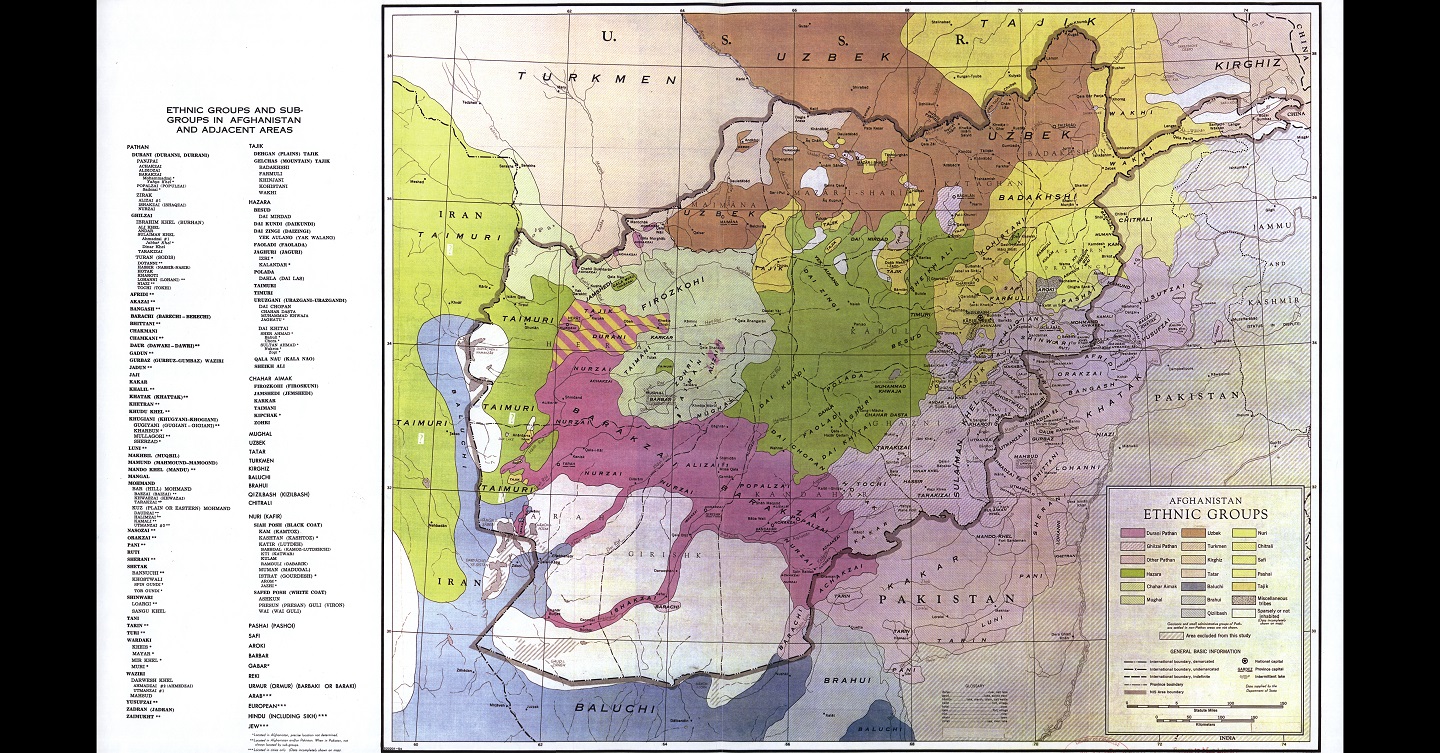
You can’t turn on your computer or phone at the moment without hearing a podcast or seeing an article with someone’s opinion about what went wrong in Afghanistan. The editorial team at WAR ROOM decided that if we were to enter the fray we needed to interview someone that truly had the bona fides to speak intelligently about the long term strategic view of Afghanistan. A BETTER PEACE welcomes Larry Goodson to the virtual studio. Larry is the Professor of Middle East Studies at the U.S. Army War College, and is one of the most knowledgeable people in the United States on the culture, the people, and the problems in Afghanistan and the nations that surround it. He joins podcast editor Ron Granieri to discuss why the situation has unfolded as it has and what might lie ahead for the region and the United States.
I remember a student…from another Arab country standing up and asking me, “If you won’t lead, what are we to do?”
Podcast: Download

Larry P. Goodson serves as Professor of Middle East Studies at the U.S. Army War College. He holds a PhD from the University of North Carolina. He has taught at the Department of National Security and Strategy at the War College since 2002, while also serving with U.S. Central Command multiple times since 9/11. He is the author of many articles and the book Afghanistan’s Endless War: State Failure, Regional Politics, and the Rise of the Taliban.
Ron Granieri is an Associate Professor of History at the U.S. Army War College and the Editor of A BETTER PEACE.
The views expressed in this presentation are those of the speakers and do not necessarily reflect those of the U.S. Army War College, U.S. Army, or Department of Defense.
Photo Description: CIA map showing the territory of the settlement of ethnic groups and subgroups in Afghanistan in 2005
Photo Credit: Central Intelligence Agency





Great thanks to your gifted colleague, Larry Goodson, for reminding me how it is historians need to have a prominent seat at the policy making and policy implementation tables. Doctrine and tactics, no matter how brilliantly conceived and honorably executed in the field, are never a substitute for coherent policy and strategy. That’s my takeaway after listening and hopefully better internalizing this fabulous and probative discussion. As a sidebar, you have also answered the bigger question “why history”, thus providing a compelling answer for those questioning my Middle Son’s decision to forego a career in medicine, and his applying to PhD programs in history instead.
Fabulous!
Professor Goodson inspires deeper thought, as he always does.
Interesting note that seeking multiple goals for a region/campaign may have deleterious consequences, especially when the timing doesn’t go as planned.
If, in 45 years from now (to wit: a time period equal to that from the end of the Vietnam War to now); if, after this period of time, Afghanistan looked more like Vietnam today,
Then, based on that such “development,” how might we feel about our 20 year engagement in Afghanistan?
My thought above stated in a somewhat different way:
Part I:
During negotiations after the Vietnam War, COL Harry Summers is reported to have described an exchange with his North Vietnamese counterpart that is said to have gone something like this: Summers noted that “the US forces had never been defeated in combat by the North Vietnamese.” (This such thought, henceforth, has been associated with the idea of “tactics?”) To which COL Summers’ N. Vietnamese counterpart responded: “That may be so, but it is also irrelevant.” (This such idea, henceforth, has been associated with the idea of “strategy?”)
Part II:
Now let’s turn the tables on COL Summer’s North Vietnamese counterpart above; this, by suggesting that:
a. The fact that the N. Vietnamese ultimately won the American War with Vietnam (tactics?) — THIS, in fact, is what is irrelevant. This, given that:
b. Vietnam today — in many important ways — is now more “capitalist” than it is “communist.” (strategy?)
In this regard, consider the following:
“Three decades after the communist victory, Vietnam was part of the global capitalist economy. The west had won after all.”
(From the April 22, 2015 “The Guardian” article entitled “Vietnam 40 years on: How a Communist Victory gave way to Capitalist Corruption” by Nick Davies.)
Bottom Line Question — Based on the Above:
The title of our article above is: “Values, Interests, and Leadership Beyond Afghanistan.
Regarding these such matters, what are the implications of the potential “strategic win” thesis that I present above?
Excellent pod cast on the Afghanistan Area.
Perhaps if our various CIC’s and our senior Military Leaders were well versed in the history of the area, they might have sought Bin Laden and not getting him, withdraw from that area.
All in the military should study the First Anglo/Afghan War 1839-1842 and the disaster it was. Many lessons could be learned and applied to todays events.